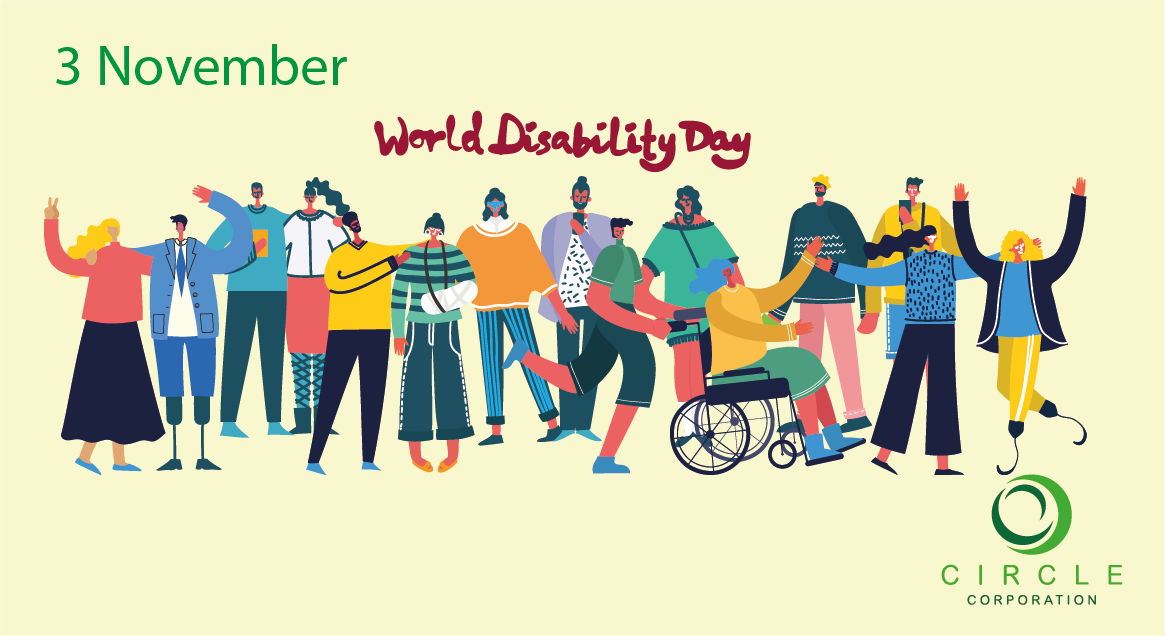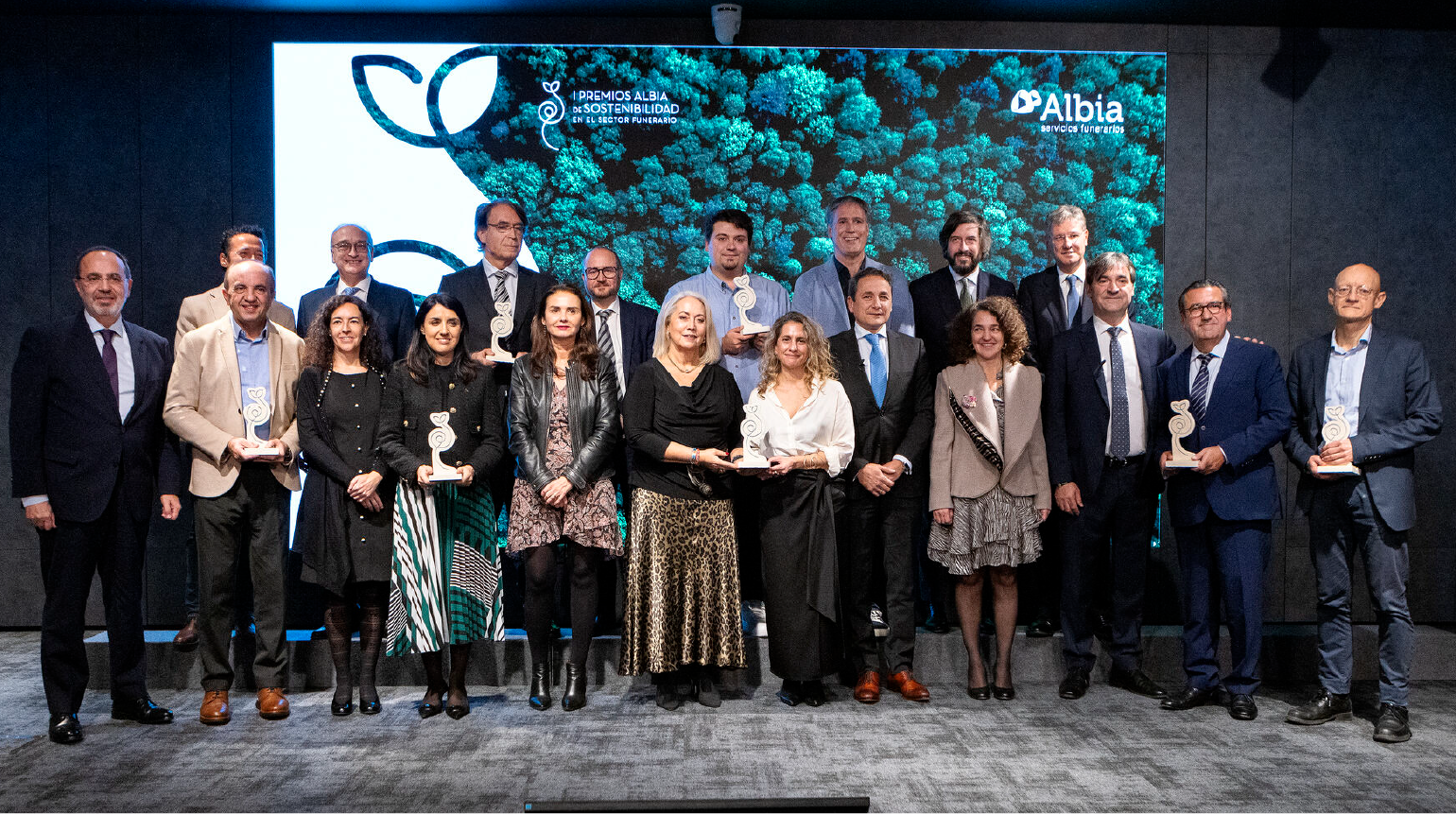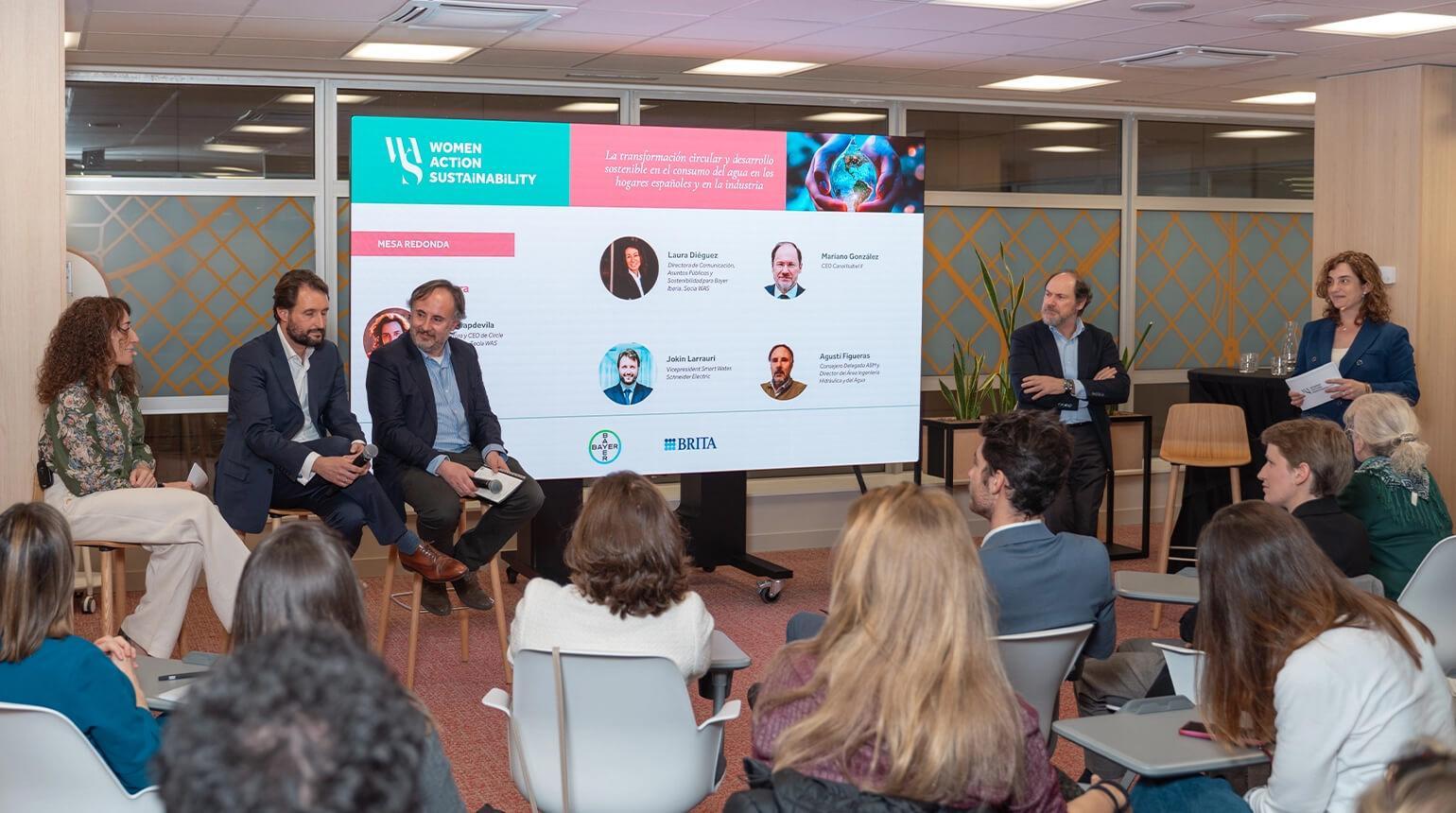January 11, 2025
Sustainability News and Key Trends for the Funeral and Industrial Sectors
Welcome to the latest issue of Sustainability News, where we gather the most relevant information on legislation, case law, and best practices in sustainability for the funeral and industrial sectors. This edition includes the latest regulatory updates, complemented by notable articles from Thanos Magazine, the official magazine of FIAT-IFTA and Funeral Magazine.
The end of 2024 marks a turning point in corporate sustainability, with new regulations, global trends, and technological advancements directly affecting sectors such as funeral services and industry. Below, we analyse the key updates and strategic opportunities for 2025.
Transparency and Accountability: CSRD Directive
The Corporate Sustainability Reporting Directive (CSRD) represents a fundamental shift in how businesses must report their sustainability impacts. For the funeral and industrial sectors, this means a transformation in the management and communication of their environmental and social practices.
Companies must ensure full traceability of their materials and products. In the funeral sector, this involves documenting the origin of materials used for coffins and urns, ensuring they come from sustainable sources. In the industrial sector, it requires implementing tracking systems to verify the provenance of raw materials and their environmental impact.
The concept of double materiality is particularly significant, requiring businesses to assess both the impact of sustainability on their financial results and the effect of their operations on the environment and society. For example:
- A funeral company might highlight how introducing biodegradable coffins reduces long-term production costs and improves customer perception.
- An industrial firm could demonstrate how implementing renewable energy contributes to sustainability while reducing operational costs.
Due Diligence Obligations: CS3D Directive
The new CS3D Directive imposes strict requirements for identifying and managing risks related to human rights and the environment. This regulation will significantly impact both sectors:
In the funeral sector, businesses will need to assess and manage:
- Sustainability in the materials supply chain.
- Working conditions across all their facilities.
- The environmental impact of their services, particularly in crematoriums.
- Responsible waste management, such as chemical or biological residues.
For the industrial sector, implications include:
- Comprehensive supplier audits.
- Emissions reduction programmes through advanced technologies.
- Integrated and sustainable waste management systems.
- Enhanced workplace safety protocols adapted to new regulations.
Specific Regulations and Their Implementation
New regulations on forced labour and deforestation have direct implications for both sectors. For example:
- In the funeral sector: controlling the origin of wood for coffins and urns to ensure it comes from certified sources.
- In the industrial sector: implementing verification systems to ensure the sustainability of critical raw materials, such as minerals or chemicals.
Companies adopting these measures will not only comply with regulations but also avoid economic and reputational penalties.
Circularity and Resource Management
The circular economy is becoming a cornerstone of corporate sustainability. Examples of application include:
In the funeral sector:
- Development of biodegradable and compostable products.
- Implementation of more efficient and energy-saving cremation processes.
- Sustainable cemetery management, including green memorialisation options.
In the industrial sector:
- Optimisation of production processes through the reuse of by-products.
- Innovation in material design to enhance recyclability.
- Programmes to reduce and reuse industrial waste.
Climate Adaptation and Resilience
Climate change demands that both sectors develop robust adaptation strategies. This includes:
- Assessing climate risks in key facilities.
- Implementing energy efficiency measures, such as renewable energy use.
- Developing contingency plans for extreme weather events, such as heatwaves or floods.
For example, a funeral business could install temperature control systems to maintain a recommended average of 20-22°C, achieving significant energy savings of up to 20%, while an industrial firm could implement waste heat recovery systems in production processes to improve efficiency and reduce costs.
Technological Innovation and Digitalisation
Technology is emerging as a key enabler of sustainability. In both sectors, digital solutions enable:
- Real-time monitoring of environmental impacts and regulatory compliance.
- Process optimisation through artificial intelligence and automation.
- Enhanced traceability of products and services.
- More efficient resource management, reducing waste and costs.
Example: A crematorium could use sensors to measure emissions and automatically adjust processes, while an industrial plant could use AI to predict and minimise waste in production lines.
Biodiversity and Environmental Commitment
Protecting biodiversity is becoming a strategic priority. In the funeral sector, this includes:
- Developing sustainable cemeteries that integrate green spaces and contribute to local biodiversity.
- Designing funeral services that minimise the use of harmful chemicals.
In the industrial sector, companies can:
- Minimise the environmental impact of their operations through sustainable practices.
- Contribute to the restoration of ecosystems affected by their past activities.
Conclusion and Outlook
Sustainability has become a strategic imperative for the funeral and industrial sectors. Companies taking a proactive approach to implementing these regulations and trends will not only meet legal requirements but also strengthen their competitive position in an increasingly sustainability-conscious market.
At CIRCLE Corporation, we understand the specific challenges of each sector and offer tailored solutions for:
- Strategic diagnosis.
- Regulatory compliance in sustainability.
- Impact assessments (double materiality).
- Implementation of environmental management systems.
- Strategic design and planning.
- Responsible marketing and communication.
- Reporting and transparency.
Contact our team of experts at CIRCLE Corporation to develop a sustainability strategy tailored to your company's specific needs. Together, we can make a difference on the path to a more sustainable future.






